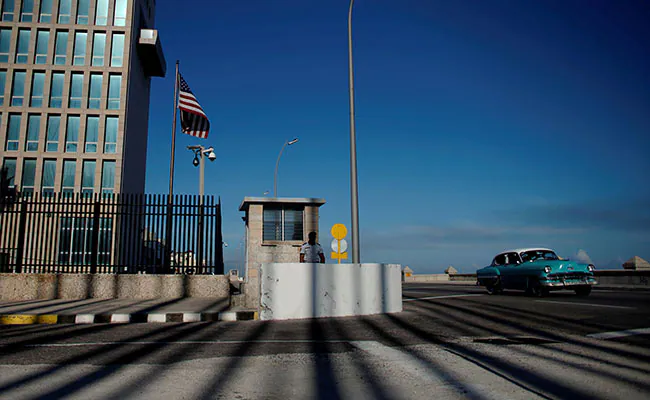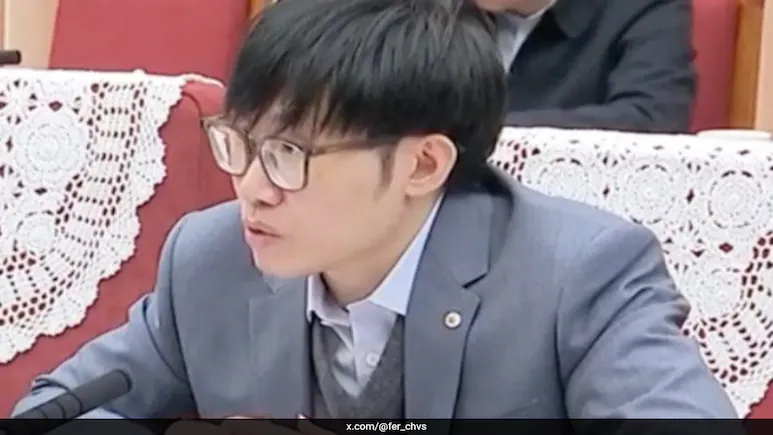Washington: A recent collaborative media investigation has established a connection between the enigmatic symptoms known as Havana Syndrome and a Russian intelligence unit, disclosed on Monday.
The onset of Havana Syndrome was initially documented in 2016 when US diplomats stationed in Cuba reported instances of sudden illness and disturbing nocturnal noises, sparking conjecture about a potential attack employing an unspecified sonar weapon by a foreign entity.
Subsequent reports from embassy personnel in China, Europe, and Washington, D.C., detailed additional symptoms such as nosebleeds, headaches, and visual impairments.
According to the investigative report jointly conducted by The Insider, Der Spiegel, and CBS’s 60 Minutes, there is evidence suggesting that these unexplained health anomalies, collectively termed Havana Syndrome, might be linked to the utilization of directed energy weapons by members of Russia’s GRU Unit 29155.
Unit 29155, responsible for foreign operations, has been implicated in various international incidents, including the 2018 attempted poisoning of defector Sergei Skripal in Britain.
On Monday, Moscow dismissed these allegations as “baseless,” with Kremlin spokesman Dmitry Peskov denouncing the lack of compelling evidence supporting the claims.
The closure of the Havana immigration office in 2018 by Washington, alongside fears of a potential microwave or electronic attack, underscored the severity of concerns surrounding Havana Syndrome.
In 2022, US intelligence suggested that intense directed energy might be responsible for certain instances of Havana Syndrome, officially termed anomalous health incidents (AHIs). However, by March 2023, intelligence agencies concluded that there was no credible evidence to suggest that a foreign adversary possessed a weapon or device capable of causing AHIs.
In August 2023, the United States announced the reopening of its immigration office in Havana.
The joint investigation also indicates that the first instances of Havana Syndrome may have occurred in Germany two years prior to the reported cases in Havana in 2016.
The New Yorker reported in July 2021 that approximately two dozen US intelligence officers, diplomats, and government officials in Austria had experienced symptoms akin to Havana Syndrome since President Joe Biden assumed office.
The United States has deployed medical and scientific experts to investigate these alleged attacks, conducting extensive examinations of those affected in an effort to comprehend their conditions.










